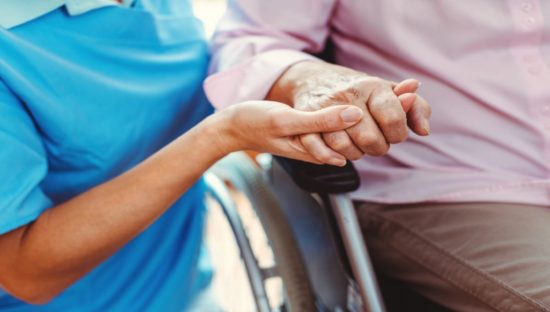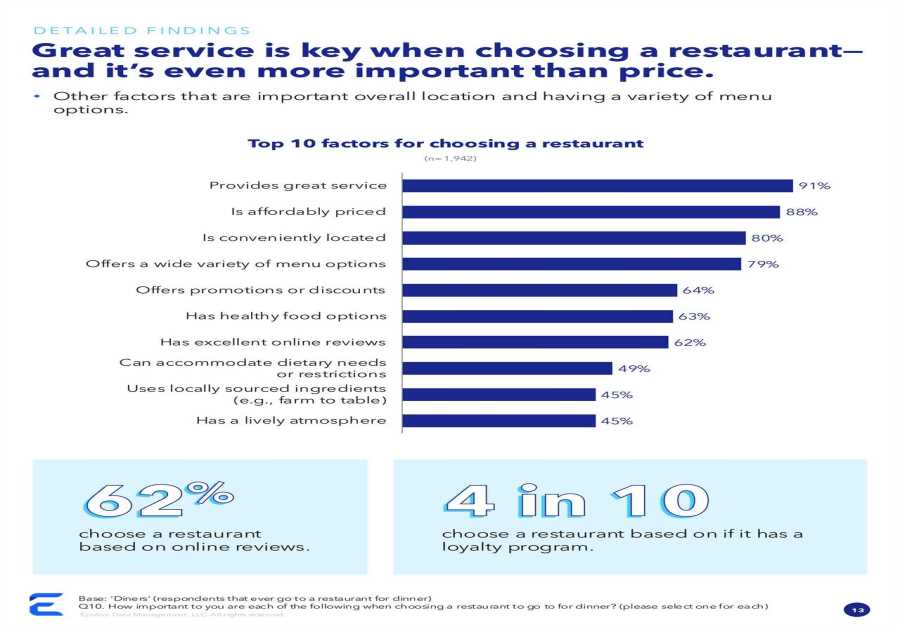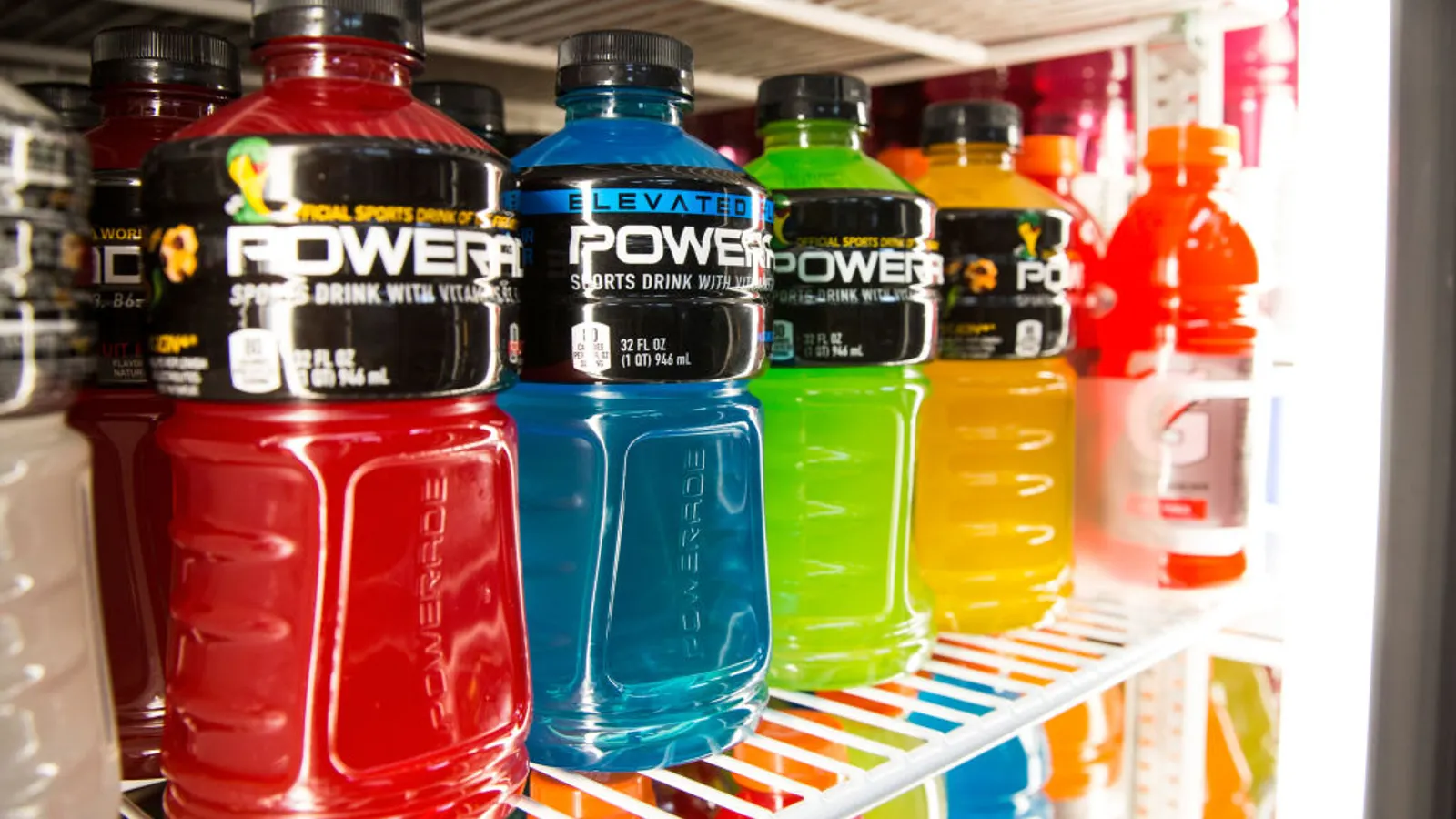
About 20 residents of six nursing homes in Belgium have fallen ill after being infected with E. coli.
Local media reported five people had died but it was not certain what role E. coli played in their deaths.
The Flemish Department of Health (Departement Zorg), Federal Agency for the Safety of the Food Chain (FASFC), the National Reference Center in Brussels, and Sciensano (Belgium’s national public health institute) are investigating the outbreak.
Laboratory tests show the infections are caused by the same genetic type of Shiga toxin-producing E. coli (STEC), indicating a common source. The specific type of E. coli has not yet been disclosed. Most patients became ill between Aug. 18 and 21.
Searching for the source
Joris Moonens, spokesperson for Departement Zorg, said: “Currently, we have four nursing homes in the Leuven region, one in the Aalst region, and two in the Antwerp region where residents have been confirmed or have most likely become ill with this type of E. coli bacteria. In total, this currently affects just over 20 residents and one staff member.”
Samples are being taken from people with symptoms to check whether they have been infected with the same type of bacteria and to determine what they ate before getting sick. FASFC, also known as AFSCA and FAVV, is mapping the supply chain and conducting sampling to identify the source.
FASFC inspectors are visiting the various nursing homes involved, analyzing menus and collecting any leftovers or other samples.
Aline Van den Broeck, spokesperson for FASFC, said: “The type of infection and its spread indicate contamination through food. We are currently examining all food consumption in the various nursing homes where contamination has been detected. It is still too early at this stage of the investigation to identify a likely source of contamination.”
In 2024, Belgium reported four STEC outbreaks with 14 patients.
About E. coli infections
Food contaminated with E. coli may not look, smell or taste bad. Anyone who has developed symptoms of E. coli infection should seek medical attention and tell their doctor about their possible food poisoning. Specific tests are required to diagnose the infections, which can mimic other illnesses.
The symptoms of E. coli infections vary for each person but often include severe stomach cramps and diarrhea, which is often bloody. Some patients may also have a fever. Most patients recover within five to seven days. Others can develop severe or life-threatening symptoms and complications.
About 5 percent to 10 percent of those diagnosed with E. coli infections develop a potentially life-threatening kidney failure complication, known as a hemolytic uremic syndrome (HUS). Symptoms of HUS include fever, abdominal pain, feeling very tired, decreased frequency of urination, small unexplained bruises or bleeding, and pallor.
Some people with HUS recover within a few weeks, but some suffer permanent injuries or death. This condition can occur among people of any age but is most common in children younger than five years old because of their immature immune systems, older adults because of deteriorating immune systems, and people with compromised immune systems such as cancer patients.
People who experience HUS symptoms should immediately seek emergency medical care. People with HUS will likely be hospitalized because the condition can cause serious and ongoing problems such as hypertension, chronic kidney disease, brain damage and neurologic problems.
(To sign up for a free subscription to Food Safety News, click here)






